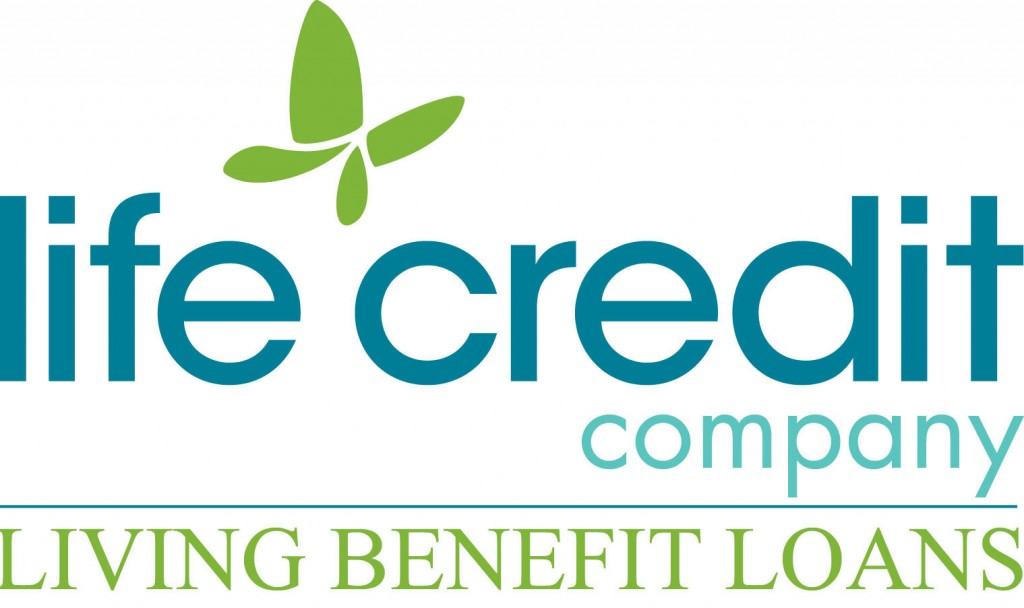Everyone has heard that exposure to the sun can increase your chances of developing skin cancer. But now researchers are exploring the possibility that something else many people encounter frequently could also be compromising their health.
Significant alcohol consumption is widely accepted to be a health hazard, and could be putting people at increased risk for skin cancer.
The link between alcohol and skin cancer has been a source for study for some time, and a team from Brown University and Harvard Medical School recently delved deeper into the topic. Researchers undertook a review of several-hundred studies focused on the link between alcohol consumption and the development of basal and squamous-cell carcinomas — the two primary forms of skin cancer — which included about 95,000 cases.
According to the study, an increase of 10 grams a day in alcohol consumption can up a person’s risk for skin cancer. Specifically, that amount increases basal-cell risk by 7 percent and squamous-cell risk by 11 percent. To put those numbers in context, 10 grams of alcohol is less than just one standard beer or glass of wine.
So, what does the research mean for cancer prevention?
The study highlights the need for increased awareness about the dangers of excessive alcohol consumption. Unlike some genetic predispositions for cancer, alcohol consumption is behavior-related; the more people understand the link between drinking and skin cancer, the greater the likelihood they’ll avoid dangerous behaviors.
While prevention is often targeted to populations who have never had a diagnosis, skin cancer is often a very survivable disease, and those who have beat it in the past should be conscious of their alcohol consumption. Many people may turn to alcohol in times of stress — and there are few things less stressful than a fight against cancer. Financial resources for cancer patients can help them to grapple with some of the fallout from their diagnosis and ideally avoid turning to alcohol to cope.



Recent Comments